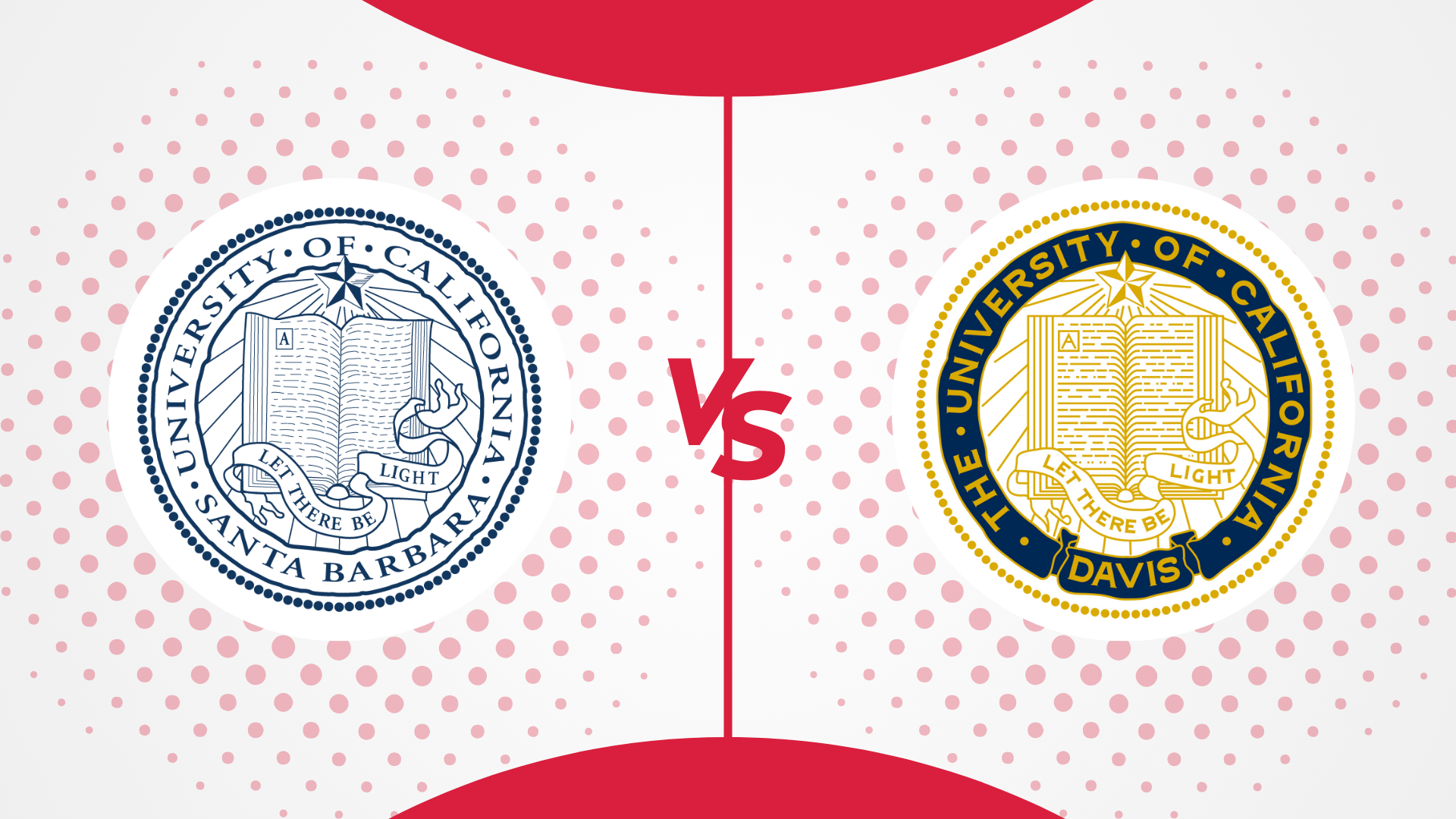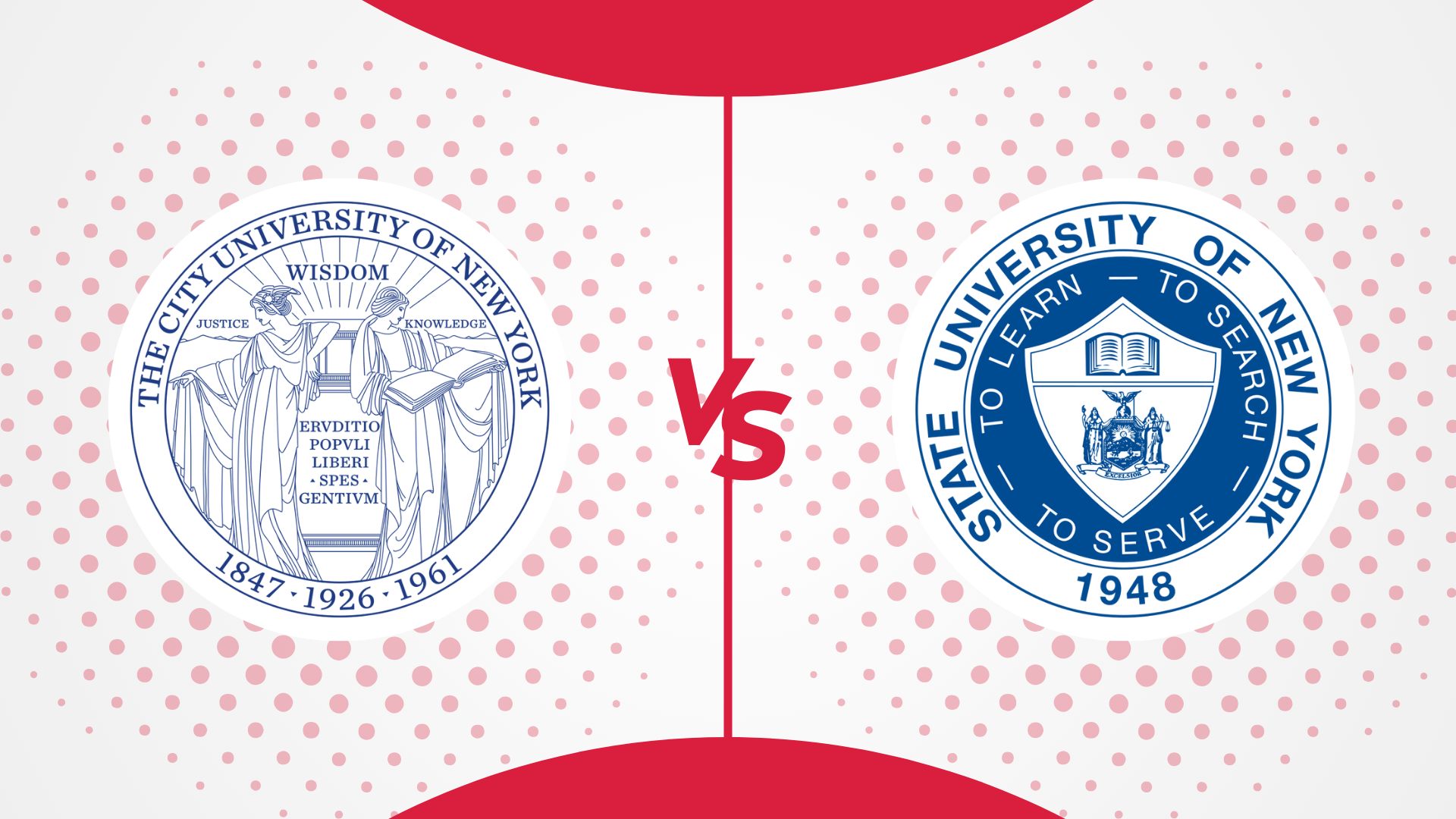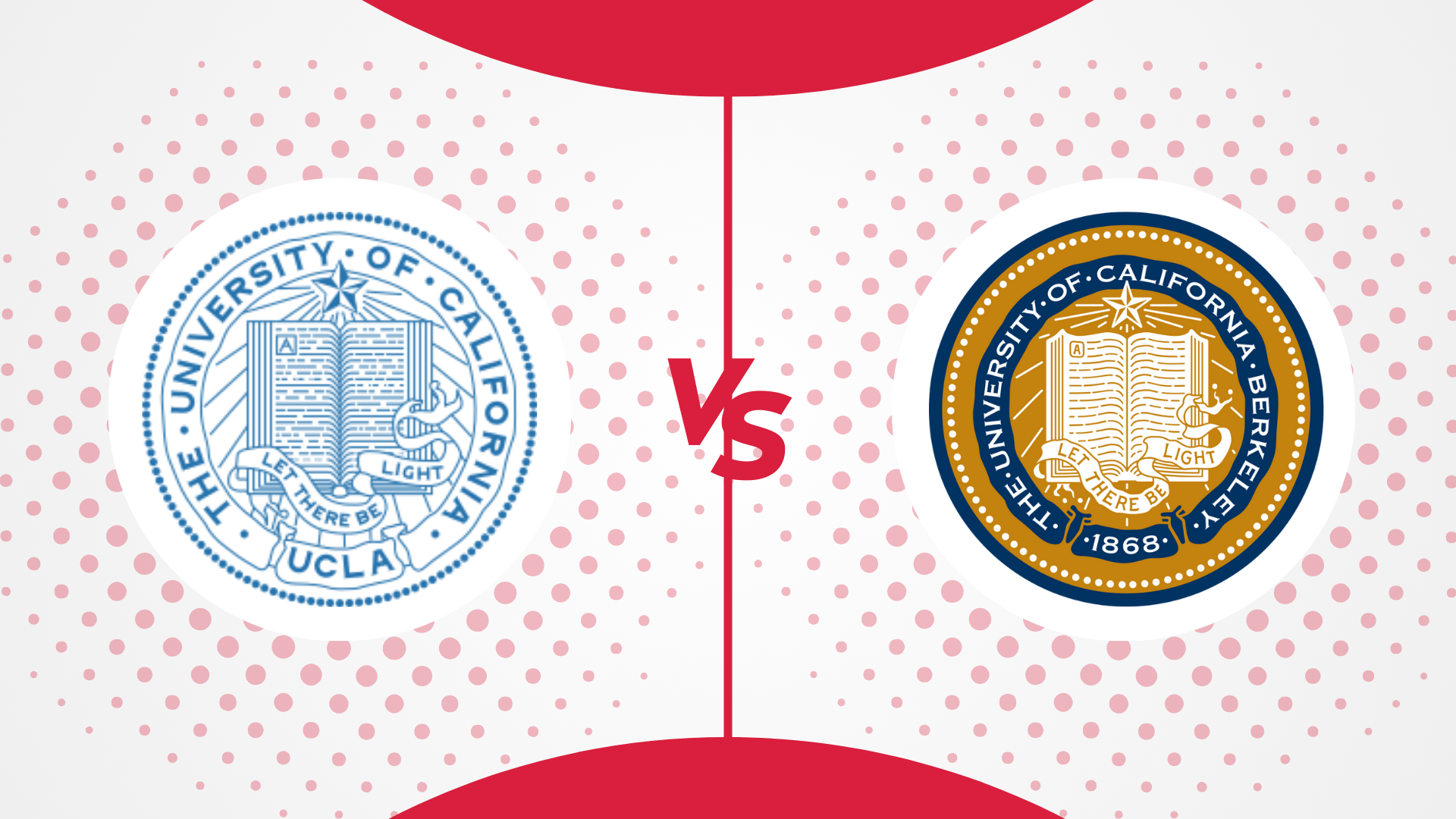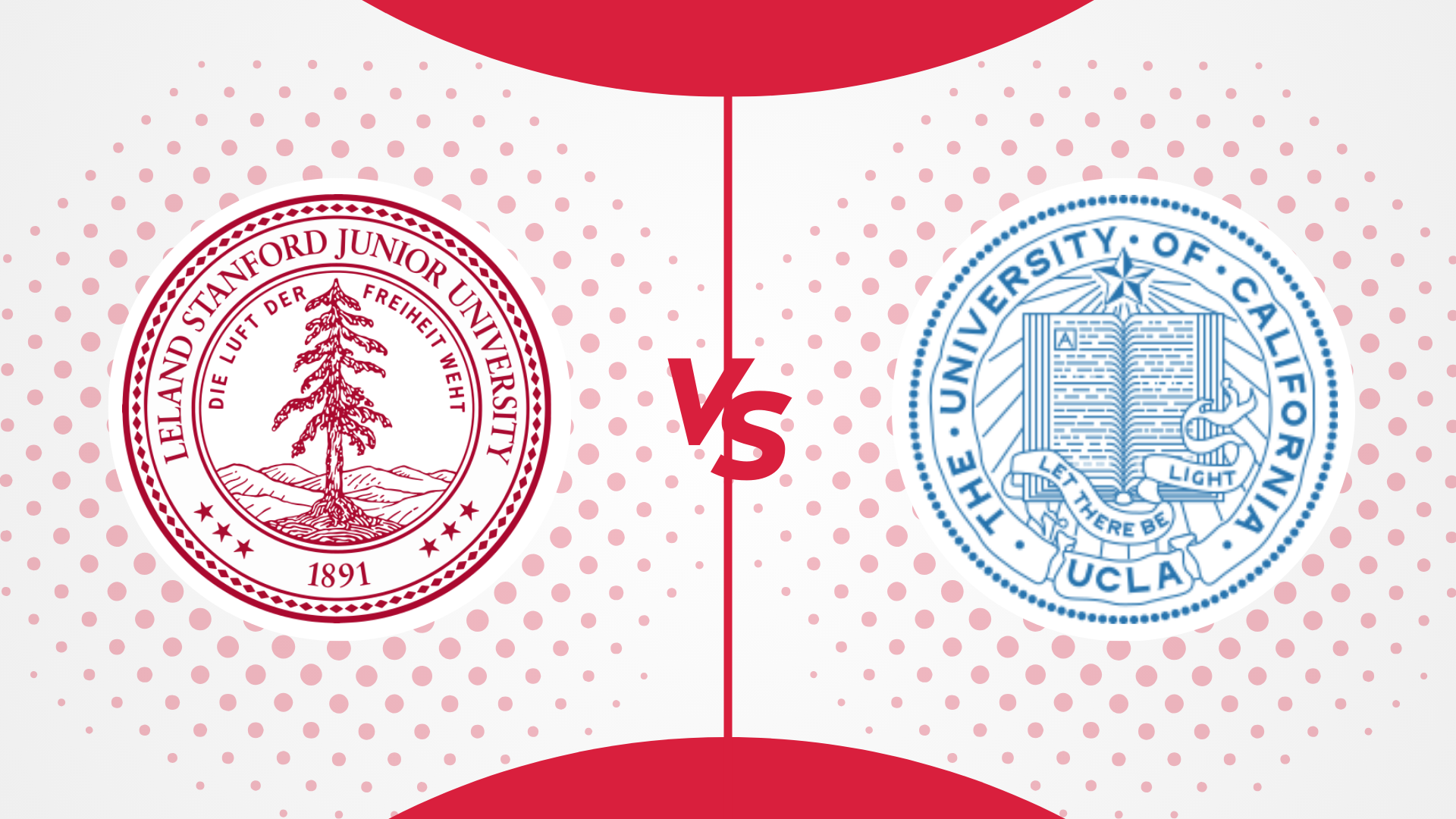If you are researching Boston University vs Northeastern, then you have landed at the right place. Located in Boston, Massachusetts, less than 5 miles away from each other, these are two top-notch schools for higher education in the United States.
Set up in 1839, Boston University (BU) is a private research university with over 37,000 from the 50 states and over 140 countries. BU offers over 300 programs of study across disciplines and is highly renowned for its eminent faculty, research prowess and campus life.
Northeastern University (NEU) was founded in 1898 and has built a reputation for innovation in teaching and research. The university is known for going beyond traditional boundaries in its programs and has a global system of learning that includes 13 campuses spread across the United States, Canada and the United Kingdom.
For a prospective student choosing between these two relatively similar schools, we help break down the differences to help you choose better.
This article covers:
Boston University vs Northeastern: A Quick Glance

The distinctions between these two top-notch universities are relatively subtle. Both are private research universities located in Boston city, Massachusetts. They offer comprehensive, interdisciplinary academic programs and are highly selective in their admissions.
When looking at campuses, BU has an open model where its buildings are simply a part of the Boston skyline. It does not have a designated campus. NEU, on the other hand, has a more traditional set up with an enclosed campus space and all of its buildings located within it.
Another significant difference is NEU’s emphasis on experiential learning. Almost all of Northeastern students are given opportunities to gain real-world experiences through co-ops during the course of their degrees. While BU has a high rate of students taking on internships, NEU’s co-ops are significantly more and help students build professional networks from the first year.
NEU also has a higher number of international students when compared to BU. If sports are a consideration while making your choice, BU has a stronger athletic program.
Before we deep dive into the differences, here is a quick look at both the universities.
| Boston University | Northeastern University | |
| Established in | 1839 | 1898 |
| Ownership | Private, Not-for-Profit | Private, Not-for-Profit |
| Mascot | Rhett, the Boston Terrier | Paws, the Husky |
| School Colours | Red and White | Red and Black |
| Academics | ||
| Ranking (US News List of National Universities, 2024) | 43 | 53 |
| Bachelor’s Degree Majors | 70+ majors, 300+ programs of study | 90 majors |
| Number of Master’s Degrees Offered | About 225 | 270+ |
| Popular Areas of Study |
|
|
| Fees and Scholarships | ||
| Average Tuition Fee for BA/ BSc per year | Around $66,700 | Around $62,000 |
| Average Tuition Fee for MA/ MS/ MBA per year | Around $67,000 | $40,000 – $74,000 |
| Average Financial Aid | $22,000 – $48,000 | $28,000 – $52,000 |
| Eligibility Criteria | ||
| Average High School GPA | 3.8 – 4.0 | 4.0 – 4.2 |
| Median SAT/ ACT requirement for admission | SAT: 1370 – 1480 ACT: 34 |
SAT: 1430 – 1550 ACT: 34 |
| English Language Requirements | TOEFL iBT: 90 – 100 IELTS: 7.5 |
TOEFL iBT: 85 – 100 IELTS: 7.0 – 8.0 |
| Acceptance Rate | ~ 14% | ~ 7% |
| Student Population | ||
| No. of undergraduate students in 2023 | 17,744 | 21,732 |
| No. of graduate students in 2023 | 18,476 | 14,896 |
| Average Starting Salary of Graduates | $49,000 – $84,000 (depending on the area of study) | $70,000 and higher for over 71% of graduates |
| Student Faculty Ratio | 10:1 | 16:1 |
| Average Class Size | ~ 30 | ~ 20 |
| Campus | ||
| Campus Location | Boston MA | Boston MA |
| Campus Type | Urban | Urban |
Boston University vs Northeastern: Academics

A principal point of discussion in the debate of Northeastern vs Boston University is academics. Both are well-renowned institutions in the United States that offer bachelors’, masters’ and doctoral degrees to their students. While comparing them, it is clear that they are relatively well-matched in many ways but still offer unique academic and socio-cultural experiences to their students.
The schools and colleges that constitute Boston University are
- Honors College
- School of Medicine
- College of Arts and Sciences
- College of Communication
- College of Engineering
- College of Fine Arts
- College of General Studies
- Faculty of Computing and Data Sciences
- School of Global Studies
- Graduate Medical Sciences
- Graduate School of Arts and Sciences
- School of Dental Medicine
- Questrom School of Business
- Metropolitan College & Extended Education
- Sargent College of Health and Rehabilitation Sciences
- School of Hospitality Administration
- School of Law
- School of Public Health
- School of Social Work
- School of Theology
- College of Education & Human Development
- Division of Military Education
The different courses at Northeastern are offered by
- Bouvé College of Health Sciences
- College of Arts, Media and Design
- College of Engineering
- College of Professional Studies
- College of Science
- College of Social Sciences and Humanities
- D’Amore-McKim School of Business
- Khoury College of Computer Sciences
- Mills College
- School of Law
Overall and Subject Rankings
| Boston University | Northeastern University |
| Overall National Rank US News 2024: 43 | Overall National Rank US News 2024: 53 |
| Times Higher Education WUR: 78 | Times Higher Education WUR: 201 – 250 |
| Subject and Other Ranking (Source: US News and THE) | |
| #13 in Study Abroad #20 in Most Innovative Schools #25 in Best Value Schools #37 in Economics #41 in Clinical and Pre-clinical Health #46 in Best Undergraduate Engineering Programs #57 in Psychology #65 in Business #90 in Law #222 in Top Performers on Social Mobility |
#1 in Co-ops #8 in Most Innovative Schools #11 in International Business #15 in Service Learning #22 in Senior Capstone #37 in Undergraduate Engineering #39 in Best Undergraduate Teaching #52 in Nursing #99 in Economics #313 in Top Performers on Social Mobility |
What are the top three courses to study in BU?
1. Business and Management

According to the college rankings published by US News, BU’s Questrom School of Business is ranked 50th among 124 best business schools. With their highly flexible, award-winning curriculum, BU students can tailor-fit their degrees to meet their career goals. Seminars, lectures, group discussions and numerous projects are part of the teaching methodology so that students learn the practical applications of formulating and analysing a business plan from the undergraduate level.
Courses offered:
- BSBA (Bachelor of Science in Business Administration)
- MBA
Joint degrees include
- MBA+ MS in Digital Technology
- MBA+ MA in International Relations
- MBA+ MA in Economics
- MBA+ JD
- MBA+ JD (3-Year Accelerated)
- MBA+ MS in Product Design & Manufacture
- Health Sector MBA + MD
- Health Sector MBA + MPH
- Social Impact MBA + MS in Energy & Environment
2. Engineering

One of the top 50 schools of engineering in the country, BU’s engineering programs have a global reputation. Committed to a transformative approach and interdisciplinary thinking, the university’s Department of Engineering has created scholars and scientists who have become Fellows of AAA and Guggenheim.
Besides the numerous concentrations made available, undergraduate degrees in engineering are offered in
- Biomedical engineering
- Computer Engineering
- Electrical Engineering
- Mechanical Engineering
Graduate programs include:
- MEng/ MS in Biomedical Engineering
- MEng/ MS Material Science
- MEng Systems Engineering
- MS in Electrical and Computer Engineering
- MS in Mechanical Engineering
- MS in Robotics and Autonomous Systems
- MS/ MBA in Product Design and Manufacture
3. Psychology

Offering a combination of classroom learning and hands-on research, BU’s psychology major can open up careers in the fields of psychiatry, medicine, law, policy-making and other domains. The department’s research strength is tied with that of Cornell University. Undergraduate students are also given the choice to take up advanced coursework and participate in research conducted in the areas of Clinical Psychology, Child Development and Cognitive Neuroscience at BU.
What are the top three courses to study in NEU?
1. Computer and Information Science

The Khoury College of Computer Sciences of Northeastern University works to ensure that computer science is for everyone. It is ranked 175th in the world by QS Subject Rankings for Computer Science. Set up in the 1980s, Khoury College is one of the nation’s oldest colleges dedicated to computer science.
This college offers over 48 undergraduate combined majors and 9 graduate programs to its students. Khoury College has also partnered with over 800 corporations and organisations to provide co-op opportunities to its students.
The core undergraduate programs include
- BA/ BS in Computer Science
- BS in Cybersecurity
- BS in Data Science
Graduate programs include specialisations in Computer Science General, Cybersecurity, Data Science, Artificial Intelligence, Health Informatics, Robotics, Game Science and Internet of Things.
2. Business and Management

The D’Amore-McKim School of Business offers business-specific and interdisciplinary courses at both the undergraduate and graduate levels. Accredited by the AACSB, it is ranked 11th in the US for undergraduate international business and 23rd for MBA by US News and World Report. Like with all schools of Northeastern, numerous internships and co-ops are made available for its students.
Degrees cover areas such as Accounting, Analytics, Computer science, Design & communications, Entrepreneurship & Innovation, Family business, Finance, Healthcare Management, International Business, Law, Life sciences, Management, Marketing, Strategy and Supply chain, along with the principles of Business Management. It is one of the few schools that encourages collaborations and interdisciplinary study across all scientific fields.
3. Engineering

With a strong emphasis on innovation and multidisciplinary research, NEU’s College of Engineering offers some of the most popular majors in the university. The College of Engineering runs 20 different research centres and institutes and has over 3050 co-op partners for their students to gain practical, applicable knowledge. The school ranks 32nd for undergraduate and 37th for its graduate programs in engineering.
The College of Engineering offers more than 65 undergraduate and graduate engineering degree programs at the BS, MS, and PhD levels, as well as a wide range of minors and graduate certificates, including the Gordon Engineering Leadership Program, which can be combined with any master’s degree. Moreover, the school also offers a PlusOne accelerated master’s degree option for undergrad engineering students at Northeastern.
Notable Faculty, Alumni and Research Facilities
Boston University
A number of Nobel Laureates have either taught or studied at BU. This illustrious list includes
- Osamu Shimomura (Nobel Prize in Chemistry)
- Daniel Tsui (Nobel Prize in Physics)
- Derek Walcott (Nobel Prize in Literature)
- Elie Wiesel (Nobel Peace Prize)
- Sheldon Glashow (Nobel Prize in Physics)
- Saul Bellow (Nobel Prize in Literature)
- Martin Luther King Jr (Nobel Peace Prize)
- Oscar Arias Sánchez (Nobel Peace Prize)
Boston University supports and encourages every student’s desire to push the boundaries of their discipline. The university supports over 130 centres and institutes dedicated to research and has published over 7,600 research papers in 2023. A whopping $645.6 million was given as research awards in the financial year 2023.
Northeastern University
While not directly associated with Nobel laureates, Northeastern has a long line of distinguished alumni who have gone on to become CEOs, founders, venture capitalists, ministers, senators, comptrollers, chief justices, astronauts, scientists and so on.
As mentioned earlier, interdisciplinarity and experiential learning are at the centre of NEU’s pedagogy. The university’s 40+ multidisciplinary research centres and institutes enable its scholars and students to push the boundaries of their disciplines. In 2023, NEU gained over $230.7 million in external research awards for its use-inspired research.
| Academics – Key Similarities and Differences |
| 1. BU has stronger liberal arts and social science departments while NEU is renowned for its technology and business-related courses.
2. While internships are important and made available at BU, NEU has a culture of co-op that functions on a much higher plane. Co-op options are integrated into almost all degrees and are required to be completed by all students. NEU prides itself on creating a culture of professional advancement right from the undergraduate level. 3. BU has a school dedicated to medicine while NEU offers only pre-med courses. However, NEU has a college of nursing while BU does not offer a nursing degree. 4. Both schools are members of the Boston Consortium that allows their students to register for one course per semester at other institutions including Brandeis University, Tufts, Boston College, Hebrew College and a few specialised courses at MIT. 5. Both schools offer numerous study abroad options that allow students to attend a semester or a year abroad in any of their partner institutions. 6. Both schools offer compulsory core curriculum for students of all majors to build an intellectual foundation and develop well-rounded skill sets. 7. Both schools have a policy of transferring AP credits earned in high school towards a college degree. At the discretion of the specific department, AP scores of 4 or 5 (or the IB equivalent) can be accounted for credit. |
Boston University vs Northeastern: Fees and Scholarship Opportunities

Another important aspect of the Northeastern vs BU debate is the financial consideration. How much does it cost to gain a degree there? What other costs are involved? What are the scholarship options available? Who is eligible for financial aid?
The following table will help you compare these two prestigious institutions while answering these significant questions.
| Boston University | Northeastern | |
| Annual Tuition (Bachelor’s) | About $66,700 | Around $62,000 |
| Annual Tuition (Master’s) | Around $63,798 | $40,000 – $65,000 |
| MBA Tuition | $66,670 | $74,675 |
| Housing (yearly, room and board) | Around $19,000 | Around $18,000 |
| Scholarship Type | Primarily need-based | Need-based and Merit Options |
| Average need-based aid | ~ $49,000 | ~ $52,000 |
| Merit Scholarship |
Eligibility: |
Eligibility: |
| Admission Decisions | Need-blind | Need-blind |
| Demonstrated Need Cover | 100% | 100% |
Notes:
1. The tuition fee amounts in this table are indicative figures and can vary depending on the choice of major and the number of credits per semester.
2. Need-based scholarships are generally not open to international students as they are funded by the Federal Reserve. International students can apply for any of the merit-based scholarships.
3. A need-blind admission policy denotes that the university does not consider financial status while assessing a candidate.
Boston University vs Northeastern: Student Life and Post Graduation Opportunities

In addition to academia, fees and scholarships, let us dive into some of the other aspects of student life that can be added to the BU vs Northeastern debate.
1. Campus
Boston University:

Source: BU
Of the two institutions being compared here, BU has the larger campus spreading over nearly 140 acres with the Charles River running through it. The river separates the academic and research buildings from the dorms and residence halls. In addition, the University’s medical campus is located in the South End neighbourhood. However, it is important to note that the university buildings are not located in one enclosed space but in a part of downtown Boston, stretching along Commonwealth Avenue. This provides students with direct access to everything the city has to offer.
Northeastern University:

Source: Northeastern
Also located in the heart of Boston, NEU has a smaller campus, spreading over 73 acres. It is a designated space, creating a more traditional American college atmosphere. In addition to Boston, NEU has campuses in other cities including Oakland and Silicon Valley (California), Arlington (Virginia), Burlington and Nahant (Massachusetts), Charlotte (North Carolina), Miami (Florida), Portland (Maine), Seattle (Washington), Toronto (Canada) and London (UK).
2. Student Population
Boston University:
With over 17,400 undergraduate students and 18,400 graduate-level students enrolled full-time, BU is one of the largest universities in the Boston area. Out of the 35,000+ students enrolled, over 7,000 are international students from over 100 different countries across the globe. The women-to-men ratio among students has been around 58 – 59% to 42 – 41% over the last three years.
Northeastern:
In 2023, NEU had a full-time undergraduate enrollment of 21,732 and a graduate enrollment of 14,896. Over 9,000 of them are overseas students from over 140 countries. NEU is one of the most popular universities for international students in the US. Their student body is extremely diverse, creating a multicultural learning environment. Like BU, there are more women enrolled here than men.
3. Housing
Boston University:
All freshmen at Boston University are required to live on campus. Undergrads are guaranteed 4 years of housing should they choose to continue living in university-owned housing. BU has a lot more housing options when compared to NEU. They include dorms, single or sharing suites, brownstones, and high rises in tree-lined streets. All of them and the student village are situated near the Charles River, making access easy. However, since BU does not have an enclosed campus space, it is important to remember that these are stand-alone buildings in the Fenway-Kenmore neighbourhood.
Northeastern:
The university traditionally requires all first and second-year undergraduate students to live on campus, after which they can decide to continue living on campus or seek accommodation elsewhere. This experience has been designed to help students build strong community living environments that support personal development and academic success. Undergrads who enter the uni as first-year students are guaranteed housing for their four-year period of study. About 50% of NEU undergraduate students choose to live on campus for the entire duration of their study.
Types of accommodation available –
- Dorms or residence halls (for first and second-year students)
- Suite style
- Apartments
4. Sports and other extracurricular student activities
Boston University:
Sports is a significant part of the student experience at BU. Student-athletes compete in 24 NCAA Division I varsity sports. Their hockey team is nationally renowned and has sent more players to the NHL than any other university. Rhett, the Boston Terrier, is the university mascot that brings together the student community with a sense of pride. Besides sports, BU has over 500 student organizations covering a wide range of interests. BU is also home to 12 fraternities and sororities which enable an active Greek life.
Northeastern:
While not as big as BU’s, sports is integral to the culture at Northeastern. The 19 Division I athletic teams evoke a fierce sense of pride and community among the students. Referred to as the Northeastern Huskies, their mascot is Paws, a Husky. The university is also home to over 400 student clubs and organisations, with many of them focussing on giving back to the community. Moreover, there are over 35 frats and sororities contributing to a thriving Greek life.
5. Internship Opportunities
Boston University:
BU has a Centre for Career Development that helps students find both on-campus or off-campus internship opportunities. The undergraduate research opportunities program can also help you find a summer internship in line with your research project. 2 out of 3 undergraduates complete at least one internship experience while studying at BU.
Northeastern:
Cooperative education or Co-op is the cornerstone of NEU’s experiential education model. For over a century, NEU has been one of the world leaders in creating co-op opportunities for its students. The university is partnered with over 3,000 organisations for co-ops across the globe.
By alternating periods of academic study with full-time work, learning happens seamlessly across the theoretical and the practical. Moreover, students gain professional experience by the time they even complete their bachelor’s degrees and are often headhunted by the same organisations they have interned in. It is a truly integrated experience that is open to all students of NEU.
6. Work Opportunities
Boston University:
BU has a graduate employability rate of about 94% within 6 months of graduation. It is one of the top universities in the US, according to recruiters and CEOs. Over 600 employers participate in BU’s career fairs on campus. The average starting salary of BU graduates ranges between $50,000 and $85,000 depending on the field and the degree.
Northeastern:
If we analyse the graduating class of 2022, we can see that nearly 83% are employed full-time, about 12% are pursuing additional qualifications, and about 1.5% are employed part-time or freelancing. A significant majority of the graduates (over 24%) go into
Professional, Scientific, and Technical Services. Over 71% of Northeastern graduates have a starting salary of $70,000 or higher. The increased salary and higher employability rates could be a direct result of the professional experience gained during co-op.
The university’s career services has ranked #3 in the U.S. by Princeton Review, marking 10 consecutive years that Northeastern has been ranked nationally.
Summary

The debate of Northeastern University vs Boston University can be a complex one, as we have seen in the sections detailed above. There is no simple answer to the question “Is BU harder to get into than Northeastern?” or “Is Northeastern better?” If you are considering location, city life, or weather, it cannot be a factor between these two universities since they are located very close to one another.
To summarise the distinctions,
Boston University is a better choice if you
- want to feel like you are living in the city rather than in a separate university campus.
- want to be part of a large, prestigious university
- are interested in athletics or experience the feeling of community during intramural sports
- want to pursue a course in medicine
- want to pursue research in a leading university
Northeastern is better for you if
- you want a more traditional college campus atmosphere while still living in a big city
- co-ops and real-world experiences during the course of study are important to your career plan
- you want to explore work abroad through their global co-op programs (NEU even has a partner in Antarctica!)
- you are interested in entrepreneurship
- you are interested in an interdisciplinary learning process that pushes the boundaries.
While these can be factored into your decision, the ultimate call rests on whether the course curriculum and the learning outcomes meet your career plans. The most significant part of your research is to compare courses, syllabi, electives, faculty and research facilities of your preferred degree program, speak to current students, and then decide on which school better suits your needs.
We understand that becoming an international student can be very thrilling, but the prep and paperwork of it all can get overwhelming. The easiest way to reduce your stress is to sign up with TC Global.
We simplify international education, learning, and mobility through connecting students, universities, and a global community on a single platform where there are over 1000+ education providers and over 80,000+ courses.
Our platform enables students to study anywhere in the world in just a few steps. From search and discovery and finding the right course fit for you, to applications, visas and departure – we see you through it all.
To move forward with us, download our app or visit tcglobal.com and sign in to create an account on our student platform and onboard with us in quick, easy steps.! 🚀
Then simply set up a visit Calendly.com/tcglobal to pick a Relationships Team closest to you and choose a slot to meet with a Relationship Member. Be it Boston University vs Northeastern or any such debates, our experts will be with you every step of the way to help you decide.
Let’s shape your future together.
You May Also Like

Compare more universities in USA
-

Purdue vs UIUC: How Do They Compare in 2025?
December 16, 2024 -

Tufts vs BU: How Do They Compare in 2025?
December 16, 2024 -

UIUC vs Georgia Tech: How Do They Compare in 2025?
December 3, 2024 -

Georgia Tech vs UT Austin: How Do They Compare? [2025]
September 24, 2024 -

UC Davis vs UC Irvine: How Do They Compare in 2024
September 10, 2024 -

UC Santa Barbara vs UC Davis: How Do They Compare? [2024]
August 30, 2024 -

UC Davis vs Santa Clara University: How Do They Compare? [2024]
August 23, 2024 -

University of Chicago vs Northwestern University: How Do They Compare
August 20, 2024 -

Georgia Tech vs MIT: How Do They Compare? [2024]
August 7, 2024 -

Caltech vs MIT: How Do They Compare [2024]
August 2, 2024 -

MIT vs Harvard: How Do They Compare [2024]
July 27, 2024 -

Cornell vs Harvard: How Do They Compare? [2024]
July 27, 2024 -

Yale vs Harvard: How Do They Compare [2024]
July 22, 2024 -

Harvard vs Princeton: How Do They Compare [2024]
July 16, 2024 -

CUNY vs SUNY: Which One is For You in 2024
July 9, 2024 -

UCSD VS UCSB: Which One is Better For You in 2024
July 9, 2024 -

USD vs UCSD: Which one should you choose in 2024?
July 9, 2024 -

UC vs CSU: Which One is Better in 2024?
July 9, 2024 -

UCLA vs UC Berkeley: Which One is Best in 2024
July 9, 2024 -

University of Arizona vs Arizona State University: Which One is Better in 2024
July 9, 2024 -

Penn State vs UPenn: Which is Better for International Students in 2024
July 9, 2024 -

Northeastern vs Northwestern: Which One is Best in 2024
July 9, 2024 -

Northeastern University vs Purdue University – Which One is Better in 2024?
July 9, 2024 -

Boston College vs Boston University: Which One is the Best in 2024?
July 9, 2024 -

LSU vs UCLA: Which Is Better For You In 2024?
July 8, 2024 -

NYU vs Boston University: Which One Is Better For You In 2024
July 8, 2024 -

USC vs UCLA: Which One Is Better For You In 2024?
July 5, 2024 -

Stanford vs UCLA: Which One is Better For You in 2024
June 28, 2024 -

USC vs Stanford: Which One is Better For You in 2024
June 28, 2024 -

University of Florida vs Florida State University: Which One is Better For You in 2024
June 28, 2024 -

NYU vs Columbia: Which Is Better In 2024?
June 28, 2024 -

Princeton vs Columbia: Which Is Better In 2024?
June 28, 2024 -

NYU vs Cornell: Which One Is Better In 2024?
June 28, 2024 -

NYU vs UCLA: Which Is Better For You In 2024?
June 28, 2024














